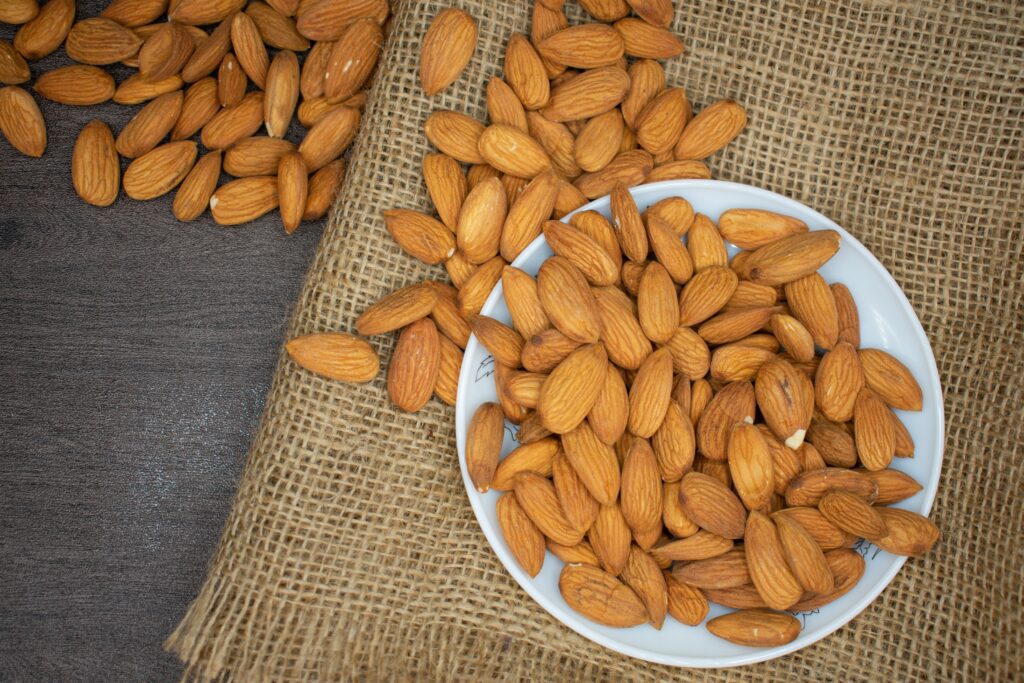Vegetarian protein refers to protein sources that are derived from plant-based foods rather than animal sources. Protein is an essential nutrient that plays a crucial role in building and repairing tissues in the body, as well as supporting many bodily functions.
There are many vegetarian sources of protein, including legumes such as beans, lentils, and chickpeas, nuts and seeds like almonds, sunflower seeds, and chia seeds, and grains such as quinoa and oats. Soy-based products like tofu and tempeh are also popular vegetarian protein sources.
Choosing vegetarian protein sources can be a healthy and sustainable way to meet your protein needs, as plant-based foods are often lower in saturated fat and higher in fiber than animal-based sources. It’s important to eat a variety of protein sources to ensure you are getting all of the essential amino acids that your body needs to function properly.
Protein is an essential nutrient that helps the body build and repair tissues. While animal products such as meat, dairy, and eggs are well-known sources of protein, there are many vegetarian sources of protein that can provide the same benefits.
Here are some top vegetarian protein sources:–
Legumes: Legumes are a group of plants that includes beans, lentils, peas, and chickpeas. They are a great source of protein, with one cup of cooked lentils providing around 18 grams of protein. Legumes are also high in fiber, vitamins, and minerals, making them a nutritious addition to any diet.

Nuts and seeds: Nuts and seeds are rich in protein, healthy fats, and other important nutrients. Some of the best options include almonds, peanuts, pumpkin seeds, and chia seeds. One ounce of almonds provides around 6 grams of protein, while two tablespoons of chia seeds provide around 4 grams

Quinoa: Quinoa is a gluten-free grain that is high in protein, fiber, and other important nutrients. One cup of cooked quinoa provides around 8 grams of protein, making it a great alternative to rice or pasta.
Tofu and tempeh: Tofu and tempeh are soy-based products that are high in protein and low in fat. One half-cup of tofu provides around 10 grams of protein, while one half-cup of tempeh provides around 15 grams.
Dairy alternatives: Many dairy alternatives, such as soy milk, almond milk, and Greek yogurt made from coconut milk, are fortified with protein. One cup of unsweetened soy milk provides around 8 grams of protein, while one cup of Greek yogurt made from coconut milk provides around 10 grams.
Seitan: Seitan, also known as wheat meat, is made from wheat gluten and has a texture similar to meat. It is a great source of protein, with one ounce providing around 21 grams. Seitan is also low in fat and cholesterol-free.
Vegetables: While not as high in protein as other sources, many vegetables still contain some protein. Some of the best options include broccoli, spinach, and Brussels sprouts. One cup of cooked broccoli provides around 4 grams of protein, while one cup of cooked spinach provides around 5 grams.
Conclusion
Incorporating these vegetarian protein sources into your diet can help you meet your daily protein needs while also providing a range of other important nutrients.
In conclusion, vegetarian protein sources provide a flexible and earth-friendly alternative to satisfy dietary needs. People can acquire enough protein while supporting environmental sustainability by choosing options like grains, legumes, and tofu. By selecting these alternatives, we prioritize both our own health and the health of the environment because they often use fewer resources and emit fewer emissions during production. T
his conclusion emphasizes how important it is to incorporate vegetarian protein sources into our diets in order to create a healthy future for both ourselves and the planet we live on.
[…] 4. Boosts Immune System […]